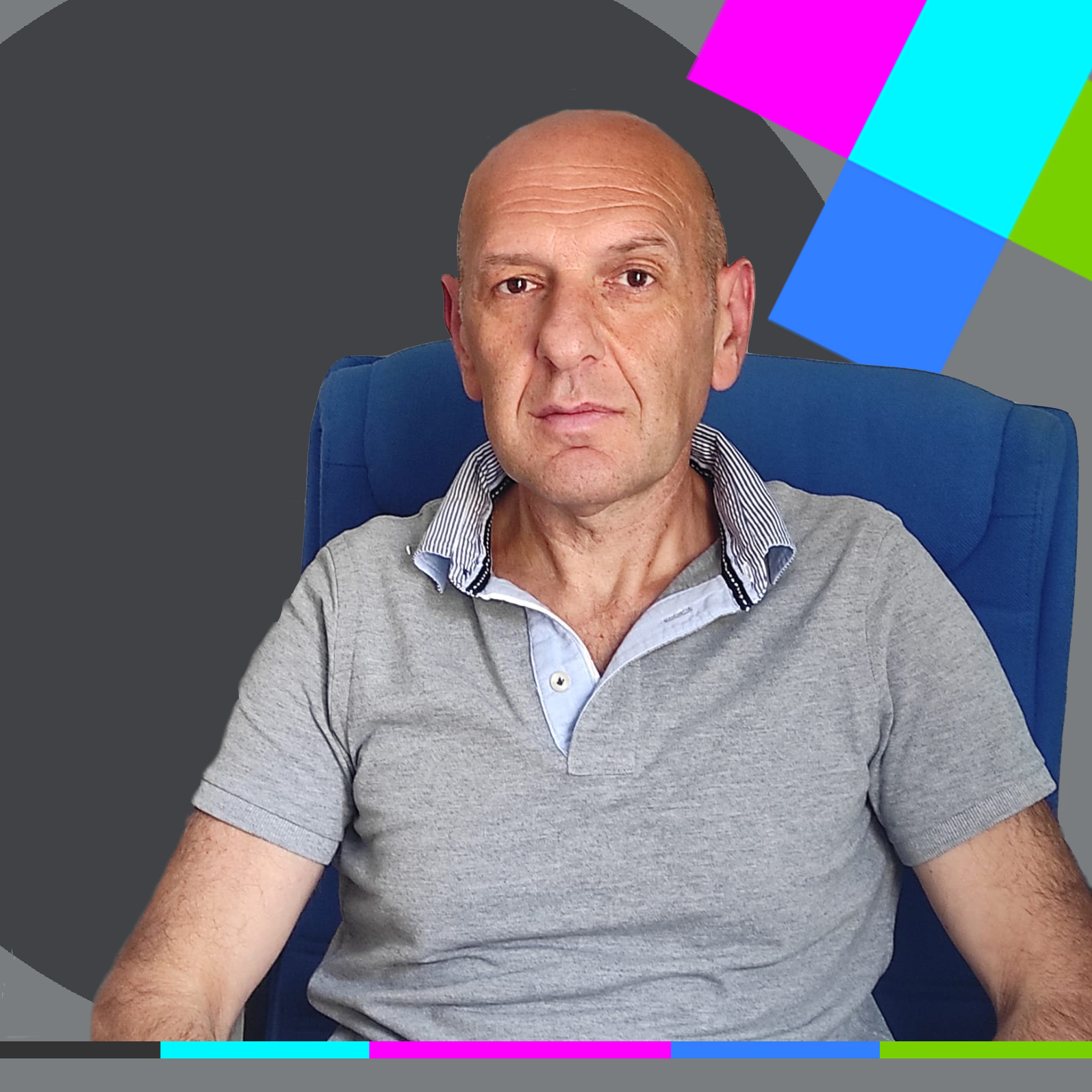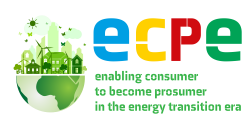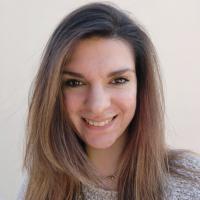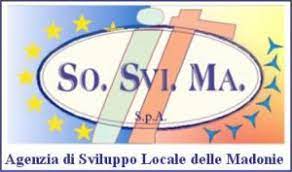A major part of the Italian territory is characterized by a spatial organization based on "minor centers", often small, but in which lives about a quarter of the Italian population. In many cases, these territorial organizations are only able to guarantee residents limited access to essential services. The specificities of this territory can be summarized using the expression "Inner Areas", areas significantly distant from the main centres of offering essential services (such as education, mobility and health) but that have important environmental resources (water, agricultural and forestry) and cultural (archaeological heritage, churches, historical settlements and museums) which constitute a deeply diversified territory. These areas represent a fertile ground to implement the use of renewable sources offered by the territory. It should be pointed out that their development potential is also relevant for two reasons: the high social costs, firstly, caused by their condition; secondly, the low level of accessibility to basic services (health, education and mobility), which greatly reduces welfare for the resident population.
In light of these considerations, Inner Areas must place energy efficiency among their top priorities. In fact, thanks to the development of more efficient energy infrastructures and an energy culture, it will be possible to achieve, in a fixed time, the objective of supporting energy needs exclusively with locally available renewable resources. In this way, resources can be freed up and economic growth and greater collective well-being can be sustained.
The current strategy for the inner areas madonite, for example, provides for the use of renewable energy in the next ten years with the coverage of electricity needs of local communities in the territory through renewable energy sources that already reach 52%, internal areas that apply to be recognized as one of the 30 green communities provided by the PNRR.
The research project will aim to study and analyze the internal Madonita area with regard to the territorial potential for the development of green community, monitor and examine the legislation and legislative evolution in the field. This will allow an activity of support to the study and analysis of the contractual forms, as well as the creation of a report of the data obtained with its presentation to the municipalities concerned. Also the use of social finance tools, such as the Social lmpact Band (SIB) for the realization of the above mentioned activities will be investigated, with the aim of creating green community.
Finally, the creation of a vademecum that collects information for the benefit of local authorities and citizens preparatory to making the Madonie 100% renewable in 10 years, thanks to the use of a model of widespread polygeneration.

CHIARA ONORATI
Currently PhD (Ph.D. student) in Civil Law and Constitutional Legality at UNICAM School of Advanced Studies. She graduated in Law from the University of Camerino in the Academic Year 2019-2020. She is "Expert in Rights of the Person and Health Emergencies" following the frequency and passing of the final evaluation test successfully passed; "Expert in Legal Writing Laboratory" and "Expert D.I.LEX".
He obtained a Certificate of Teaching Qualification following the PF24 Training Course in anthropo-psycho-pedagogical disciplines and in teaching methodologies and technologies issued by the University of Camerino.
He has organized Conferences, Procedural Simulations, Legal Research Laboratories and Professional Orientation Interviews. He obtained a Certificate of Participation in PSEFS, an acronym for Personalize Solution in European Family and Succession Law, a project co-funded by the European Union’s Justice program, held in Ljubljana. A partnership between the University of Camerino, the Foundation "School of Higher Legal Education", the University of Rijeka (Croatia), the University of Ljubljana (Slovenia) and the University of Almeria (Spain).
 ALESSANDRO FICILE
ALESSANDRO FICILE
Current Director of SO.SVI.MA S.p.A. has participated as Speaker at several dozens of conferences and debates on the topics of negotiated planning, integrated design, territorial capital, production districts, agricultural and tourism and local development processes in general.
He built his own experience "working in the field" and helped to give life to what is called the so-called "Madonie model", experimenting with new organizational formulas and associating them with horizontal, open and inclusive participatory models that, in part, refer to the best experience of Adriano Olivetti.
It actively collaborates with several international institutes and foundations and with the major national institutes operating in the field of local development and in this field has participated in several surveys and several publications.



